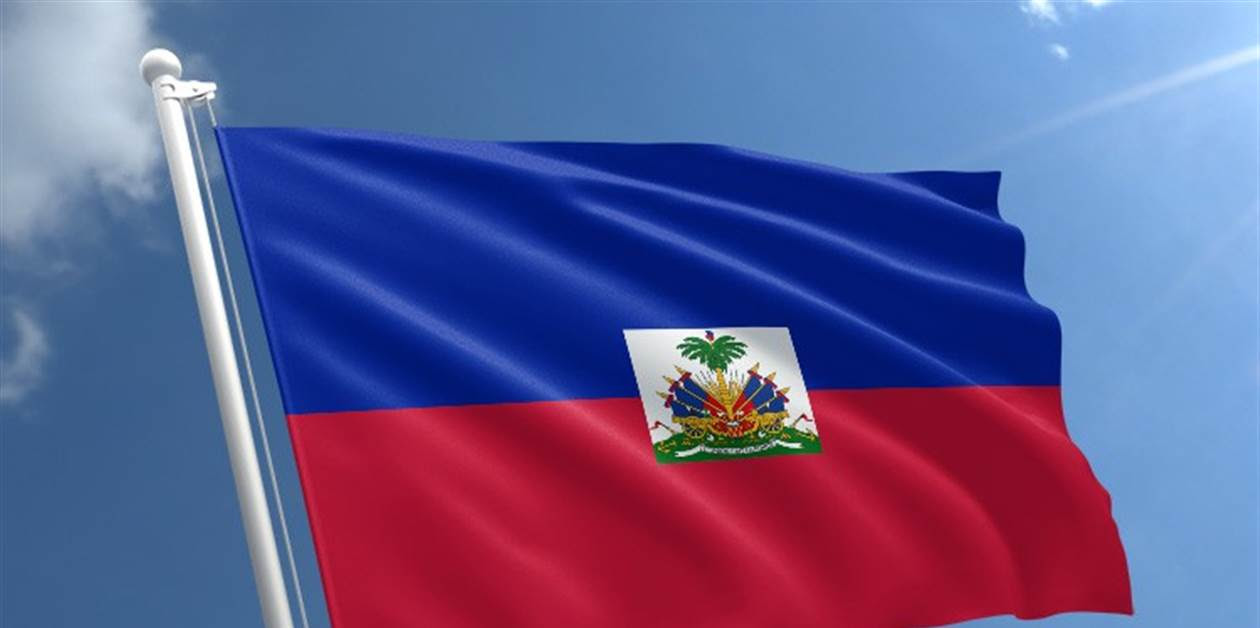Human Rights Watch has called for the United Nations Security Council to urgently authorize a comprehensive international peacekeeping mission in Haiti to address the escalating violence fueled by criminal factions. The organization stresses the critical need for adequate funding, personnel, and robust human rights protections to ensure the mission’s effectiveness. Criminal groups have expanded their control beyond Port-au-Prince, intensifying violence in previously safer regions and severely disrupting access to essential services and humanitarian aid. The UN has reported over 3,137 fatalities in the first half of 2025, with nearly 1.5 million people displaced and half the population facing severe food insecurity. Currently, the Security Council is considering transforming the Kenyan-led Multinational Security Support (MSS) mission into a more robust ‘Gang Suppression Force’ (GSF). The MSS, operational since June 2024, has been hindered by insufficient resources and personnel. Nathalye Cotrino, a senior researcher at Human Rights Watch, emphasized the urgency, stating, ‘Time is running out to stop Haiti from falling entirely into the hands of abusive criminal groups.’ She urged the UN to ensure any new force is properly staffed, funded, and equipped with human rights safeguards. The proposed GSF would comprise up to 5,500 personnel, including police, military, and civilians, and operate independently or alongside the Haitian National Police. A new UN Support Office in Haiti (UNSOH) would oversee the GSF, providing logistical and technical support. Human Rights Watch warned that without adequate resources and human rights protections, the GSF risks repeating the MSS’s shortcomings. The organization also called for strict vetting procedures, comprehensive human rights training, and an independent accountability mechanism involving Haitian civil society. Cotrino concluded, ‘It has been two years since Haitian authorities asked for international help, and so far, that help has fallen far short.’
Human Rights Watch to UN Security Council: Take decisive action to protect Haitians
